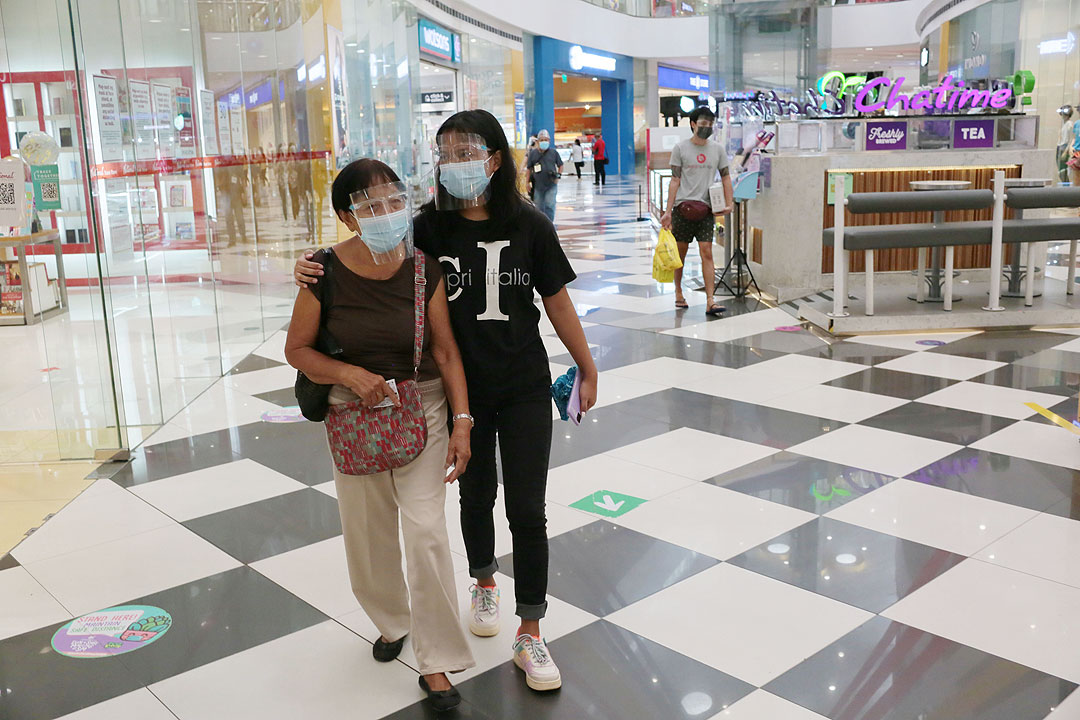PHL retirement income system lags in the world
PHL retirement income system lags in the world
PHL retirement income system lags in the world
October 20, 2021 12:33 am

THE PHILIPPINE retirement income
system is ranked the second lowest in Asia and near the bottom of a Global Pension Index covering 43 economies, after a slowdown in economic growth.
The Mercer CFA Institute Global Pension Index 2021 released on Tuesday said the Philippines ranked 41
st
out of 43 economies, after its overall index value dropped to 42.7 this year from 43 last year.
The Philippines ranked 36
th
out of 39 economies last year.
Out of the 11 Asian countries in the index, the Philippines had the second- lowest score, ahead only of Thailand.
Singapore, Hong Kong and Malaysia are the top three retirement systems in Asia.
The Global Pension Index assesses retirement systems through three weighted sub-indices: adequacy, sustainability, and integrity. The study showed that Iceland, the Netherlands, and Denmark have the best pension systems.
The Philippines’ highest score was sustainability at 52.5, which was lower than the 53.4 last year but higher than the Asia average at 48.1. The country ranked 19
th
globally in this sub-index.
Sustainability measures pension coverage, total assets, demography, public expenditure, government debt, and economic growth.
The country’s adequacy score was unchanged at 38.9, where it ranked 41
st
globally. This sub-index measures benefits, savings, government support, and home ownership, along with system design and growth assets.
The Philippines ranked 43
rd
in integrity with a score of 35, up slightly from last year’s 34.8, but still the lowest in the world. The integrity sub-index includes factors that may affect the confidence level in the retirement system.
The country’s retirement income system is based on a small basic pension and an earnings-related Social Security System.
“Although there was a slight increase in the integrity score this year, there is still room for improvement. The voluntary direct compensation scheme needs to be reinforced and reinvigorated, while the government has to start looking at ‘no cash-out’ options to preserve savings and benefits for employees when they retire,” Mercer Wealth Business Leader in the Philippines Harold Tan said in a statement.
The Philippines should also improve the governance requirements of the private pension system.
“In addition, investment of pension assets is not su
ffi
ciently diversi
fi
ed outside of the Philippines and hence, return-risk ratios are not fully optimized across a larger and more prosperous financial market. All of these factors can help to build con
fi
dence and improve the Philippines’ overall index value,”
Mercer said the country’s overall index value could increase if the minimum level of support for the poorest aged individuals is increased.
Francis Adrian Viernes, CFA Institute Asia-Pacific Research Exchange’s Engagement Committee chair, said the Philippines should account for longer life expectancies and make sure there are enough pension savings to see retirees through more years in retirement.
“Compounding the issue, the gender pension gap presents additional and urgent challenges, with women facing their retirement years with fewer benefits,” he said.
The Philippines kept its D-grade, which means it is a pension system that has “some desirable features but its efficacy and sustainability are in doubt if major weaknesses or omissions are not addressed.” This is the same grade as other Asian countries such as India, Japan, South Korea and Thailand. —
Jenina P. Ibañez

